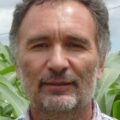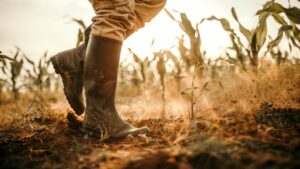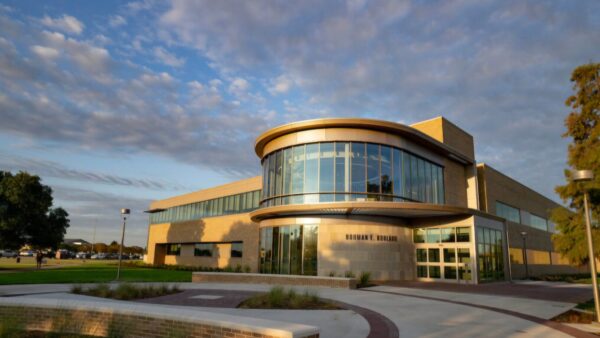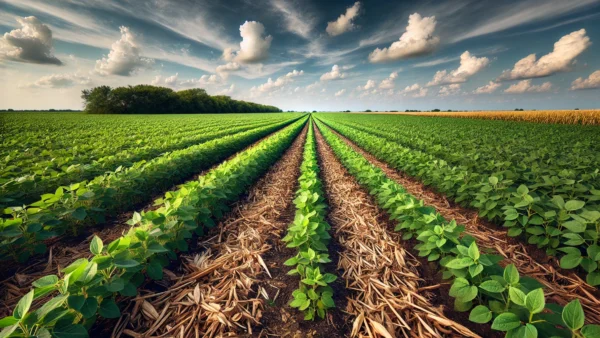Euralis Semences is actively working on genetics for the African market and we have started to position and tried our early European hybrids on the African continent from West to East and North to South, with encouraging results. In particular, we are developing early genetics EURALIS Maize (Early Tropical Dent ® genetic), Sorghum (hybrid for grain and forage) and Sunflower (linoleic and mid or high oleic >90%). We also have solutions for African farmers located in altitude, with our Soybeans (earliness group OOO to II) and Winter Oil Seed Rape hybrid (P³ genetic). These are all non-GMO Euralis Semences genetics.
To that end, we work on different projects. We want to encompass the entire chain, from the processor to the smallholder, with the aim of developing organised local chains and securing production. And preserving the smallholder cash flow through input financing systems with the help of the processor who secures his needs, is just one example.
Another objective would be to assist farmers with the help of our agronomists, study solutions and organise trainings to develop our European genetics, while assessing the feasibility of projects before any launch.
There could several benefits of the Euralis Semences genetics for the African farmers. Nowadays, unfortunately, climate change in Africa is causing more and more climatic accidents to manage, but our early hybrid genetics should help to reduce these risks and the stresses that go with them, through shorter cultivation cycle, but also to preserve or to improve productivity.
To cope with certain pests that are adapted to long cycle varieties, we create situations with our short cycle’s varieties and therefore limiting the destruction by certain insects or pathogens and with a harvest still possible. So African farmers could develop our European genetics as an opportunity.
In Europe, with its climate and 85% of the land without irrigation systems, we were forced to develop varieties that are more adapted to water stress and random climatic accidents. At the end of the day, our desire is to build new opportunities with African farmers and processors.
Our key motto is “Understanding, adapting our genetics and building common projects with partners in Africa”.









